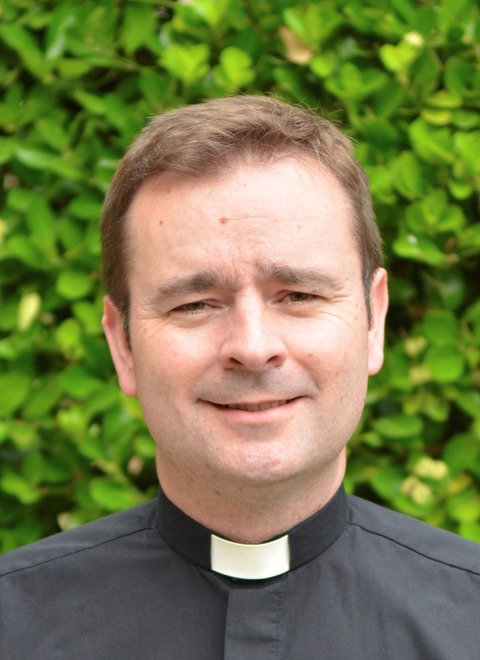| View this email online if it doesn't display correctly |
| |
|
|  |
This Sunday the Rt Revd Dr Steven Croft, the Bishop of Oxford, will be joining us for our Choral Eucharist. The service will include the Confirmation of George, James, Raymond and Roanne. The practice of Confirmation by a Bishop is one of the distinctive elements of our identity as members of the Church of England, but admittedly the origins of this rite are not always clear!
In the minds of many, Confirmation is associated with a practice which emerged in the early church of anointing those who had been baptised with Chrism. The use of this perfumed oil, which is also used at Coronations and Ordinations, reminds us that the word ‘Christ’ or ‘Messiah' means ‘the Anointed One’. In the ancient world, prophets, priests and kings were often anointed, and the anointing of the Christ reminds us of Jesus’ threefold office of prophet, priest and king - each an essential part of his Messianic identity, reminding us of different aspects of his life and ministry.
In the Roman Catholic and Orthodox traditions, the anointing with Chrism usually takes place at the point of baptism. Indeed, it is important to emphasise that Confirmation is closely related to Baptism, and this is reflected in two important aspects of the Confirmation Service: first, the Bishop invites each of the candidates to affirm their baptismal promises and secondly, the Bishop anoints each of the candidates and says ‘Confirm, O Lord, your servant with your Holy Spirit’.
‘Confirmation’ is a commissioning for loving service and witness in the world. The presence of the Holy Spirit reminds us that everything we are and all that we do is rooted in God’s grace. The beautiful thing about grace is that you don’t have to do anything to earn it. It is simply given to us as a gift - and that is good news in an environment which puts so much store by prestige and worldly success. Through grace we learn that we are loved, that we matter, and that we can make a difference to the people around us.
Please come and support our confirmation candidates this Sunday as they make this important step in their journey and please pray for them:
Defend, O Lord, these your servants with your heavenly grace,
that they may continue yours for ever,
and daily increase in your Holy Spirit more and more
until they come to your everlasting kingdom. Amen.
The Revd Dr William Lamb
Vicar |
| | Services
—Tuesdays & Thursdays at 12.15pm
Lunchtime Eucharist —
Sunday 14th May Easter 5
10.30am - Choral Eucharist with Confirmation Service
Preacher - The Rt Revd Dr Steven Croft
|
| | | Reflection Morning, Saturday, 13th May, 10.30am - Old Library - Exploring the humanity of Mary |
| | | Architecture and the Medieval Mind
A six-part series of talks on the important role that architecture – both physical and representational – played in the imaginative, artistic, and theological life of early medieval England.
17th May: Clifford Sofield – Shaping buildings and society in Anglo-Saxon England Dr Cliff Sofield, Anglo-Saxon archaeologist, will talk us through the architecture of Anglo-Saxon houses and ‘great halls’. He will consider whether the way in which people shaped their buildings in the early medieval period mirrored the way they shaped their society, and consider the questions of ‘funerals’ for Anglo-Saxon buildings. |
|
|
| | | Forthcoming Concerts & Other Events
Friday 12th May, 7.30pm: Half Moon Brass Tickets on the door
Check our website and Facebook pages for more events.
|
| |
|
| | Poetry Corner
The Shower
Waters above! eternal springs!
The dew that silvers the Dove’s wings!
O welcome, welcome to the sad!
Give dry dust drink; drink that makes glad!
Many fair ev'nings, many flow'rs
Sweeten'd with rich and gentle showers,
Have I enjoy'd, and down have run
Many a fine and shining sun;
But never, till this happy hour,
Was blest with such an evening-shower!
Henry Vaughan (1621-1695)
The first thing that strikes the reader about this poem (otherwise known as ‘Waters Above!’) is the joyous shout created by all those exclamation marks. A punctuation mark more usually avoided in poems – it’s one of those which signals a little too clearly what sort of reaction we’re supposed to be having – its employment here is fun, joyous, and surprising: like being caught in a warm spring cloudburst.
|
| |
|